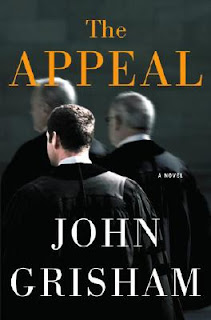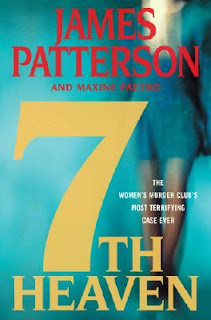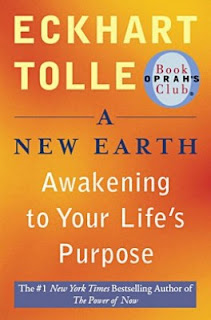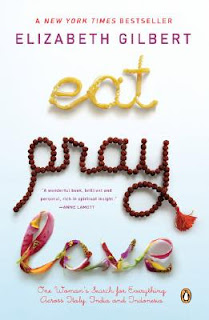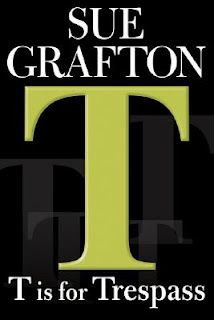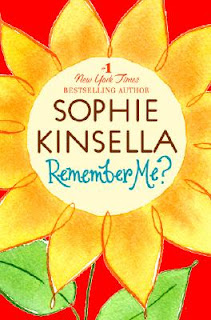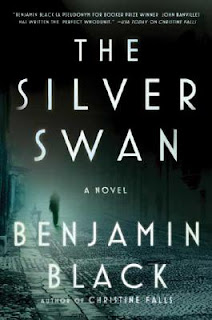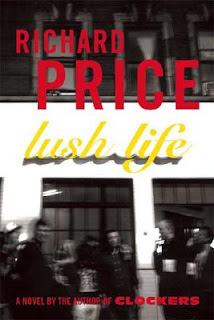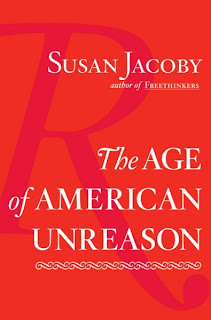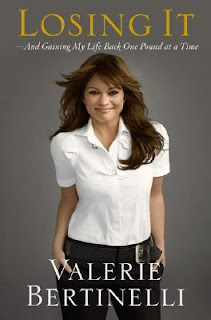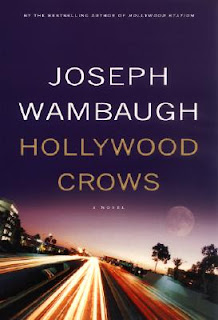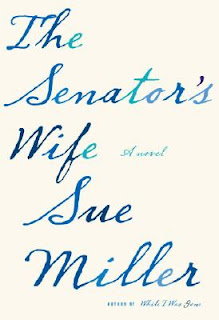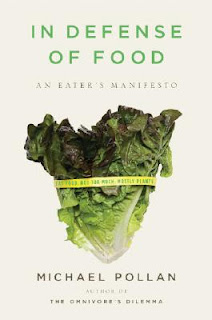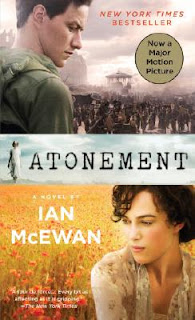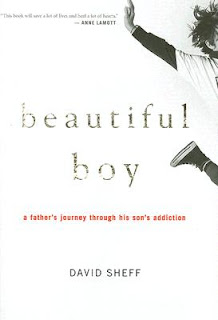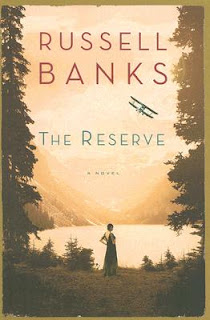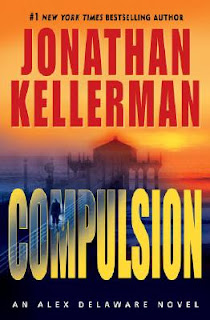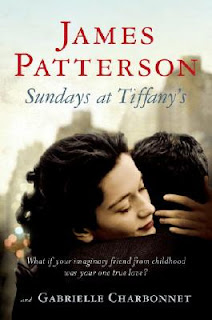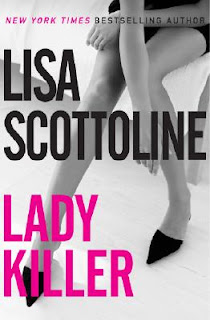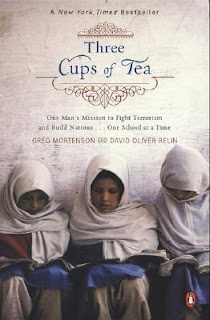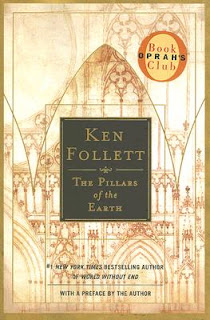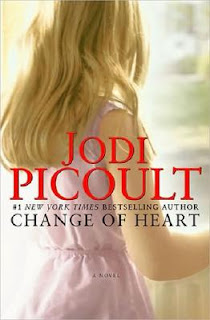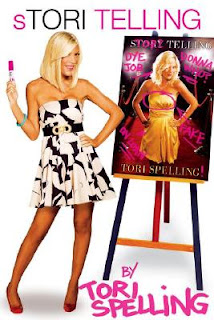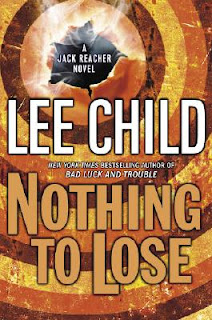First published in London in 1852, Roget's Thesaurus of English Words and Phrases became popular in America with the 1920s crosswords craze and has sold almost 40 million copies worldwide. According to freelancer Kendall in this Professor and the Madman wannabe, Peter Mark Roget (1779–1869) compiled the thesaurus as a means of staving off the madness that pervaded his family—the classification of words was a coping mechanism for his anxiety. (Publisher Weekly)
 Bastard Tongues: a trailblazing linguist finds clues to our common humanity in the world’s lowliest languages
Bastard Tongues: a trailblazing linguist finds clues to our common humanity in the world’s lowliest languages by Derek Bickerton
A novelist, professor emeritus of linguistics at the University of Hawaii and self-proclaimed street linguist, Bickerton chronicles his studies of creoles—the bastard tongues of the title—isolated languages with dubious and disputed parentage spoken by the lower classes. Bickerton seeks to explain creoles' linguistic anomaly: all creoles, though isolated from one another, have similar grammatical traits. This chatty, humorous memoir, laced with lucid analyses, shows how a creole initially seems to be a mishmash of nonsensical words (e.g.,
She mosi de bad mek she tek he), but is later revealed to be linguistically lush (translation:
She could only have married him because she was completely broke). Most creoles, the author says, were created out of necessity due to the language divide that existed between imperialist states and their colonies, and Bickerton theorizes that creoles are evidence of humans' innate language bioprogram that enables them to construct a new language out of [linguistic] bits and pieces. Creating a multifaceted, immersive approach to the study of linguistics, Bickerton explores the miraculous human capacity for language and how the emergence of creole languages represents a triumph of the human spirit. (
Publisher Weekly)A dip into
The Reverend Guppy's Aquarium will answer these and many other questions you forgot to ask about the heroic individuals who made our language what it is. (
Book jacket)
Have you ever found yourself irritated when a sine qua non or a mea culpa is thrown into the conversation by a particularly annoying person? Or do distant memories of afternoons spent struggling to learn obscure verbs fill you with dread? Never fear! (or as a Latin show-off might say,
Nil Desperandum!) In this delightful guided tour of Latin, Harry Mount wipes the dust off those boring primers and breathes life back into the greatest language of them all. Using Latin lovers from Kingsley Amis to John Cleese, from Evelyn Waugh to Donna Tartt, and even Angelina Jolie's stomach, Mount breathes life into Latin. Read this book and you will know Latin. Know Latin and,
mirabile dictu, you will know Wilfred Owen's misery, Catullus's aching heart and the comedy of a thousand bachelor schoolmasters. (
Book summary)
500s Sciences Super Crunchers: why thinking-by-numbers is the new way to be smart
Super Crunchers: why thinking-by-numbers is the new way to be smart by Ian Ayres
Gone are the days of solely relying on intuition to make decisions. Today, number crunching affects your life in ways you might never imagine. Economist Ian Ayres shows how today's organizations are analyzing massive databases at lightning speed to provide greater insights into human behavior. From Web sites like Google and Amazon that know your tastes, to a physician's diagnosis or your child's education, to boardrooms and government agencies, this new breed of decisionmakers are calling the shots. And they are delivering staggeringly accurate results. How can a football coach evaluate a player without ever seeing him play? How can a formula outpredict wine experts in determining the best vintages? Super crunchers have the answers. In this brave new world of equation versus expertise, Ayres shows us the benefits and risks, who loses and who wins, and how super crunching can be used to help, not manipulate us. (Publisher description)
Starred Review. In these eloquent essays, naturalist and adventurer Childs (House of Rain) describes some of his extraordinary experiences with creatures—from wasps, red-spotted toads and hummingbirds to grizzly bears, coyotes and jaguars. Seeking entrée into animal societies, he interprets messages left in marks on the ground and in scents on leaves and trees, and communicates with animals directly using their own language of stares, gestures, postures, sounds, scents and gaits. He goes looking for animals alone in hazardous wilderness areas—tracking mountain goats in Colorado's Gore Range or surprising a secret society of ravens in a canyon in Utah. Always longing to be at one with animals, he is not afraid to climb an aspen to see the world from a porcupine's perspective, run with a herd of elk or wonder how it would feel to jump from a plane and fly with a bald eagle. Childs's captivating essays, rich in sensuous imagery (the porcupine looks like a mop, a bundle of ponderosa pine needles, a mobile hairstyle), are hauntingly beautiful and replete with evocative observations of animal life. (Publisher Weekly)
 Life of the Skies
Life of the Skies by Joshua Rogen
Starred Review. New Yorker contributor and novelist Rosen (The Talmud and the Internet; Joy Comes in the Morning) writes engagingly of his philosophy of how bird-watching in its broadest sense influences and fits into the fabric of Western and Judeo-Christian heritage. He draws examples generously and convincingly from the works of such major figures as Henry David Thoreau, Charles Darwin, Ralph Waldo Emerson, Vladimir Nabokov, Alfred Tennyson, and John James Audubon, as well as Robert Frost, D.H. Lawrence, Emily Dickinson, Walt Whitman, E.O. Wilson, Alfred Russel Wallace, and many others. Beautifully structured, Rosen's book ties these disparate authors and thinkers together in surprising ways. In addition, he cites ancient Persian poetry and contemplates the importance of birds and nature in the Holy Land. But much of his experience transpires at New York's Central Park and, with searches for the mythic ivory-billed woodpecker, in the Southeast. The psychology of our ties to nature and differences between the sexes are also touched upon. A sort of book-length essay, this is a most thoughtful, literate, and entertaining work. The interplay between religion and science, especially evolution, comes in for much scrutiny. (
Library Journal)
 It's finally April this week. College basketball wraps up and the baseball season begins. It is time many will let go of old disappointments and begin new hopes. But it is also a month for poets, librarians, writers, and readers to clean the dust off of the old and look upon it with new eyes. The authors born this week are mostly among the old. Only Al Gore and a children's author are relatively new, and that's just relatively . From Descartes and Hobbes to Milan Kundera and Donald Barthelme, the rest are names from the past. At least one has won the Nobel Prize, the Chilean poet and story writer, Gabriela Mistral.
It's finally April this week. College basketball wraps up and the baseball season begins. It is time many will let go of old disappointments and begin new hopes. But it is also a month for poets, librarians, writers, and readers to clean the dust off of the old and look upon it with new eyes. The authors born this week are mostly among the old. Only Al Gore and a children's author are relatively new, and that's just relatively . From Descartes and Hobbes to Milan Kundera and Donald Barthelme, the rest are names from the past. At least one has won the Nobel Prize, the Chilean poet and story writer, Gabriela Mistral. Answer to Last Week's question: It was Charlotte and Emily's younger sister, Anne Bronte, who, in 1848, wrote a reply to the romanticist critics who wanted everything written about to be nice rather than to reflect reality, in her introduction to the second edition of her second and last novel, The Tenant of Wildfell Hall: "To represent a bad thing in its least offensive light, is, doubtless, the most agreeable course for a writer of fiction to pursue; but is it the most honest, or the safest?" She went on to offer another phrase we often hear, and one which speaks for a good many things these days as well as nearly two hundred years ago: "Oh, reader! if there were less of this delicate concealment of facts - this whispering, 'Peace, peace,' when there is no peace, there would be less of sin and misery .." Sigh. It is ever thus in some circles of life, in love, in politics, and in war.
Answer to Last Week's question: It was Charlotte and Emily's younger sister, Anne Bronte, who, in 1848, wrote a reply to the romanticist critics who wanted everything written about to be nice rather than to reflect reality, in her introduction to the second edition of her second and last novel, The Tenant of Wildfell Hall: "To represent a bad thing in its least offensive light, is, doubtless, the most agreeable course for a writer of fiction to pursue; but is it the most honest, or the safest?" She went on to offer another phrase we often hear, and one which speaks for a good many things these days as well as nearly two hundred years ago: "Oh, reader! if there were less of this delicate concealment of facts - this whispering, 'Peace, peace,' when there is no peace, there would be less of sin and misery .." Sigh. It is ever thus in some circles of life, in love, in politics, and in war.
